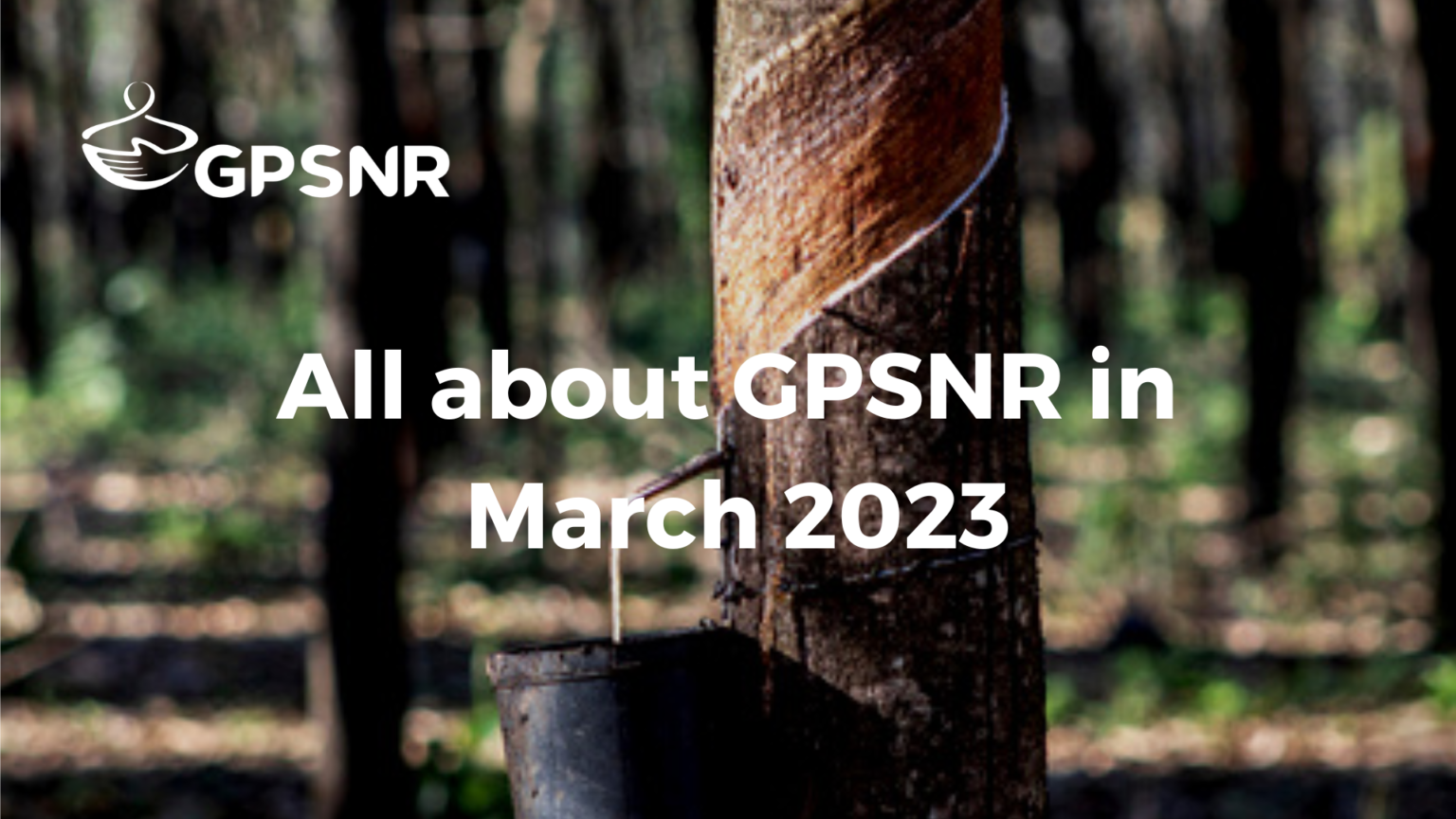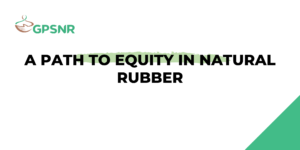The strategy and objectives working group
Both the sub working groups under the umbrella of the Strategy and Objectives WG are occupied with some critical milestones. The Risk Subgroup has received the final draft for the risk assessment framework by ASI, and will be working on piloting the framework and the next steps. The Risk Subgroup would also be looking at guidance on traceability enhancement based on pilot field trials and other data from members, and they have started a series of traceability tools webinar sessions with tool providers and member companies and planning on the second session. The next webinar is on 26th April, and you can register for it here.
On the other hand, the Assurance Model taskforce is streamlining the category specific KPIs along with the members journey/assurance model blueprint that was finalised during the latest hybrid meetings. You can find more context in the minutes here or reach out for questions on info@gpsnr.org.
The smallholder representation working group:
Along with the work on the smallholder policy equivalent for which the WG has already sent out an all-member survey and initiating the HCSA-HCVN NR Smallholder Toolkit Field Trials, they are preparing for the decided merger with the capacity building working group. More details on how this will play out can be found here.
The policy toolbox working group:
The group is working on a tender to Crosswalk RR framework with CDP Forest and GRI Reporting, while aligning with the Assurance Model taskforce on the KPI on due diligence.
The smallholders representation & capacity building working group:
As a newly merged working group, they continue to perform the duties of the two old working groups, including overseeing the on-ground projects in Indonesia and Thailand. At the same time, they are focussing on finalising their new TOR and agroforestry/income diversification strategies. Members who wish to continue in the SCB WG and any National Subgroup or Task Force should write to the Secretariat, indicating their organisation, name, email and the national subgroup or taskforce they are interested in participating in.
The shared responsibility working group:
As per the decisions taken on the next steps during the hybrid meetings in January-February, the group is working with the Tiremaker category on streamlining a proposal on shared investment while also completing the deliverables on the other pillars. They are also aligning with the Assurance Model taskforce on how the KPIs will integrate into the Shared Investment mechanism. They have completed 40% of the progress they committed to on all three pillars during the in-person meetings so far.






